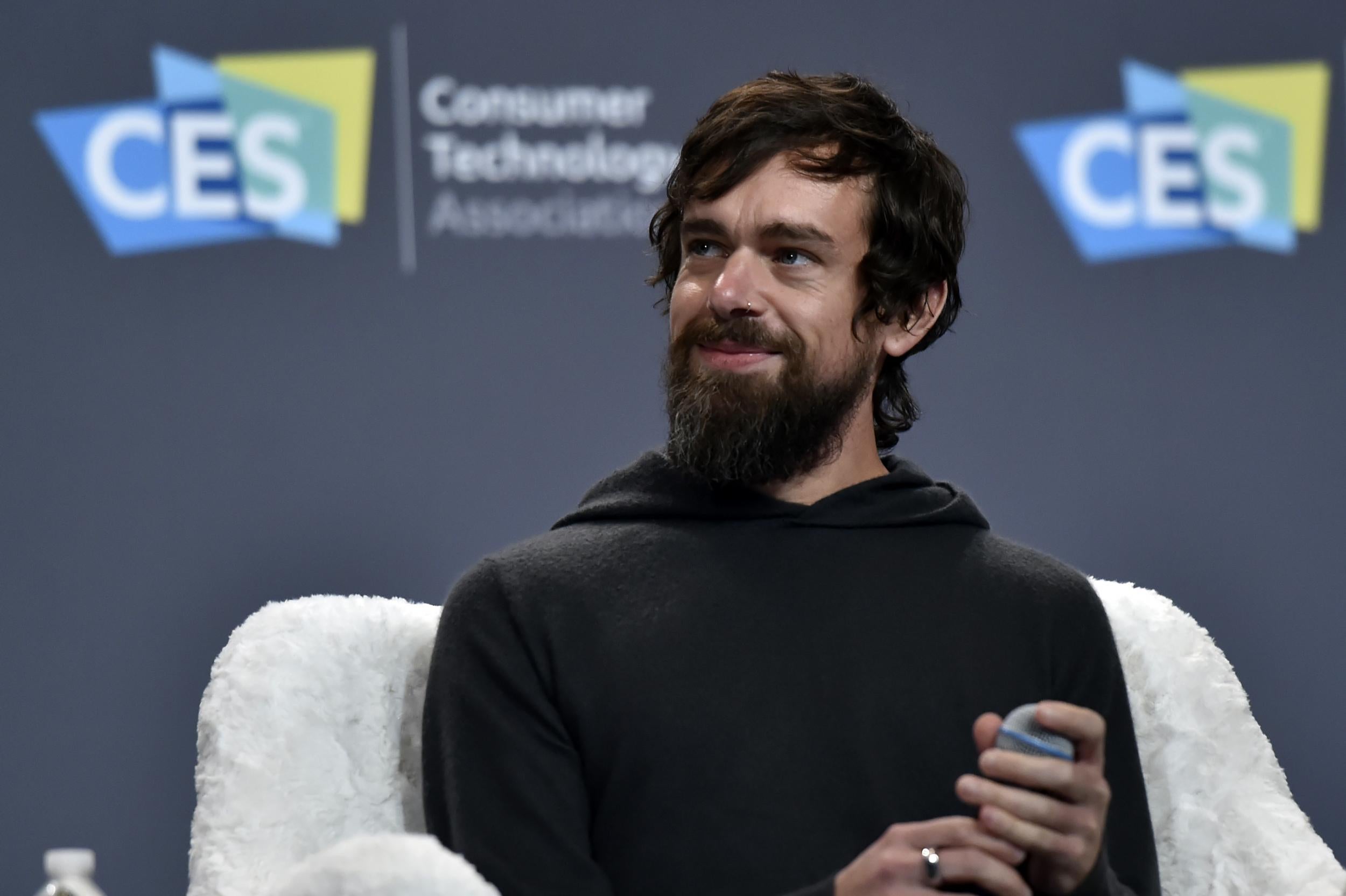Twitter buys tech start-up that claims to quickly spot fake news
The company tracks how fast news spreads to determine its authenticity

Your support helps us to tell the story
From reproductive rights to climate change to Big Tech, The Independent is on the ground when the story is developing. Whether it's investigating the financials of Elon Musk's pro-Trump PAC or producing our latest documentary, 'The A Word', which shines a light on the American women fighting for reproductive rights, we know how important it is to parse out the facts from the messaging.
At such a critical moment in US history, we need reporters on the ground. Your donation allows us to keep sending journalists to speak to both sides of the story.
The Independent is trusted by Americans across the entire political spectrum. And unlike many other quality news outlets, we choose not to lock Americans out of our reporting and analysis with paywalls. We believe quality journalism should be available to everyone, paid for by those who can afford it.
Your support makes all the difference.Twitter has acquired a start-up that claims to identify “fake news” quickly.
The company announced on Monday that it was acquiring Fabula AI, a London-based company that uses algorithms and machine learning to identify so-called fake news, the popular term for information that isn’t real or verified. The term typically envelops misleading or complete made-up news that is both deliberately and accidentally circulated.
Fabula AI appears to base its product off studies that show that fake news spreads faster than real news online. According to VentureBeat, they use this pattern to their advantage, tracking how content spreads online. From there, they allocate an authenticity score.
“As this technology detects the spread pattern, it is language and locale independent; in fact, it can be used even when the content is encrypted,” the company says on its homepage. “We also believe that such an approach, given it is based on the propagation pattern through huge social networks, is far more resilient to adversarial attacks.”
The Fabula team will be join Twitter’s Cortex unit, a group of researchers and engineers that work on machine learning technology for Twitter.
Michael Bronstein, Fabula’s co-founder and chief scientist, will lead graph deep learning at Twitter. He’ll also keep a separate at Imperial College in London.
Last week, Twitter announced that it would be conducting in-house research on the ways how white nationalists and supremacists use the website, partially to determine whether or not these groups should be allowed to remain on the platform.
In an interview with Vice’s Motherboard, Vijaya Gadde, Twitter's head of trust and safety, Gadde said Twitter believes "counter-speech and conversation are a force for good, and they can act as a basis for de-radicalisation, and we've seen that happen on other platforms, anecdotally.”
They are hoping the results of the study confirm this belief.
Join our commenting forum
Join thought-provoking conversations, follow other Independent readers and see their replies
Comments